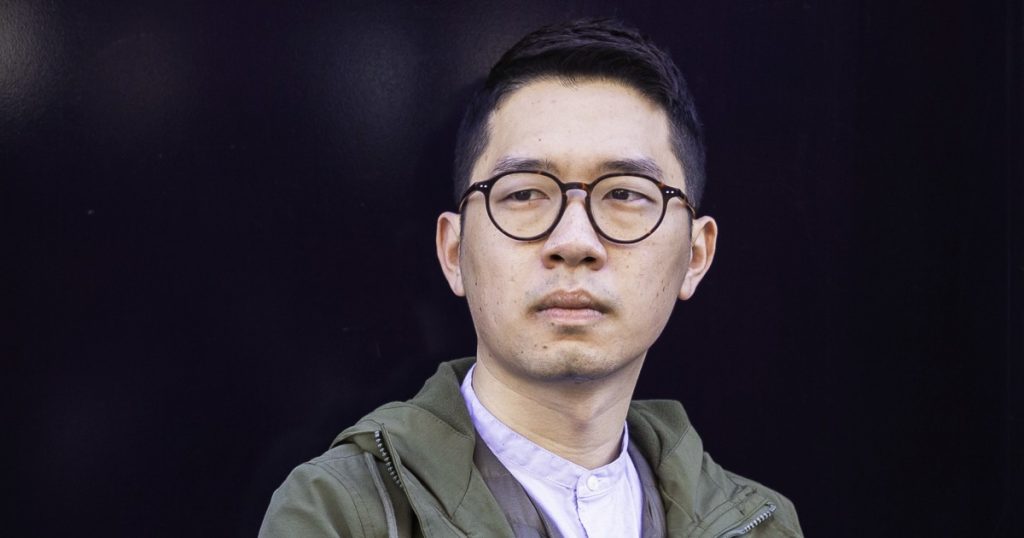The Hong Kong government has taken significant steps in cracking down on overseas-based activists by cancelling their passports under the new national security law. Among those affected are former pro-democracy lawmaker Nathan Law, unionist Mung Siu-tat, and activists Simon Cheng, Finn Lau, Johnny Fok, and Tony Choi, all accused of endangering national security. These individuals are accused of “absconding” to the U.K., and the government has imposed restrictions such as banning anyone from providing funds or economic resources to them, leasing properties to them, or forming any joint venture with them without authorization, carrying penalties of up to seven years in prison.
The government justified its actions by stating that the six activists were engaged in activities that endanger national security, smear the city, and collude with external forces. These measures were carried out under the new powers granted by Hong Kong’s national security law, enacted in March. Beijing had previously imposed a similar national security law on the territory in 2020, effectively quelling public dissent following the anti-government protests in 2019. Many activists were arrested, silenced, or forced into self-exile as a result of this crackdown.
Over 144,400 people from Hong Kong have relocated to the U.K. using a special visa that allows them to live and work in the country and apply for British citizenship after six years. This pathway was introduced in response to the 2020 security law imposed by China. British authorities have also granted asylum to activists like Law and Cheng, highlighting the international support for those facing persecution in Hong Kong. Despite the crackdown on dissent by Chinese and Hong Kong governments, Western governments have criticized these actions and continue to support activists and dissidents seeking refuge abroad.
The cancellation of passports and imposition of restrictions on overseas-based activists highlight the Hong Kong government’s efforts to silence dissent and maintain control over political opposition. Critics argue that such actions infringe on basic human rights and freedom of expression, further undermining democratic principles in the region. The targeting of activists who have sought refuge overseas demonstrates the lengths to which authorities are willing to go to suppress dissent and maintain stability.
The impact of the national security law on Hong Kong society has been significant, with many activists and dissidents facing increased risks of arrest, surveillance, and persecution. The crackdown on dissent has forced many individuals to flee the city in search of safety and freedom. Despite claims by Chinese and Hong Kong authorities that the law has restored stability to the city, critics argue that it has eroded civil liberties and fundamental rights, creating a climate of fear and censorship.
The international community has expressed concerns over the erosion of democratic values and human rights in Hong Kong, with Western governments condemning the crackdown on dissent and supporting activists seeking refuge abroad. The imposition of restrictions on overseas-based activists reflects a broader trend of authoritarianism and censorship in the region, raising questions about the future of democracy and freedom in Hong Kong. As tensions continue to escalate between pro-democracy activists and authorities, both within Hong Kong and overseas, the fight for civil liberties and political reform remains a pressing issue in the territory.


